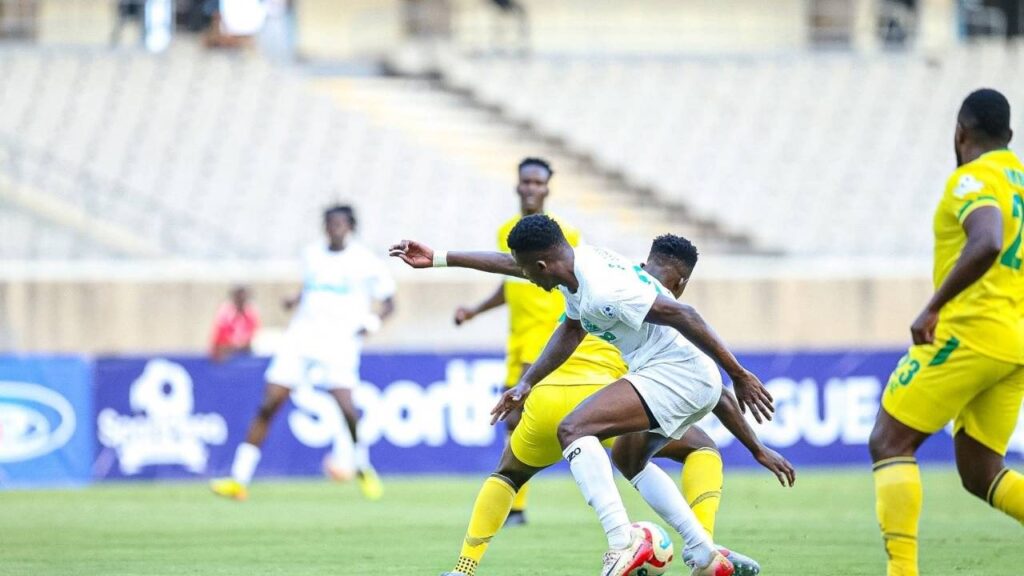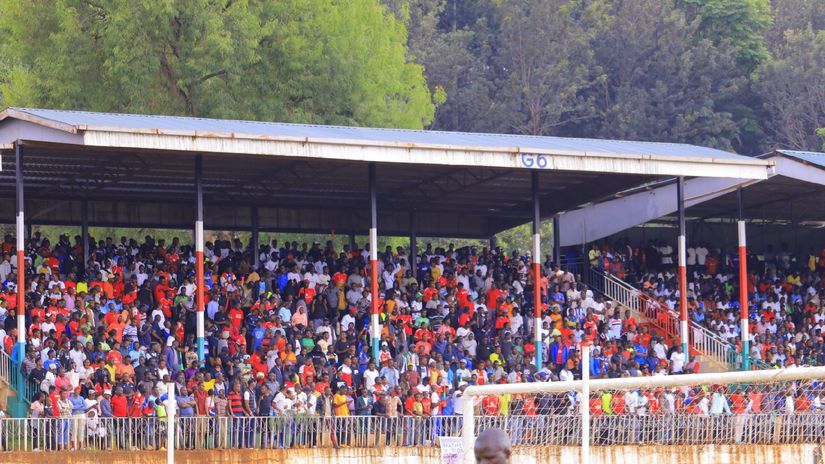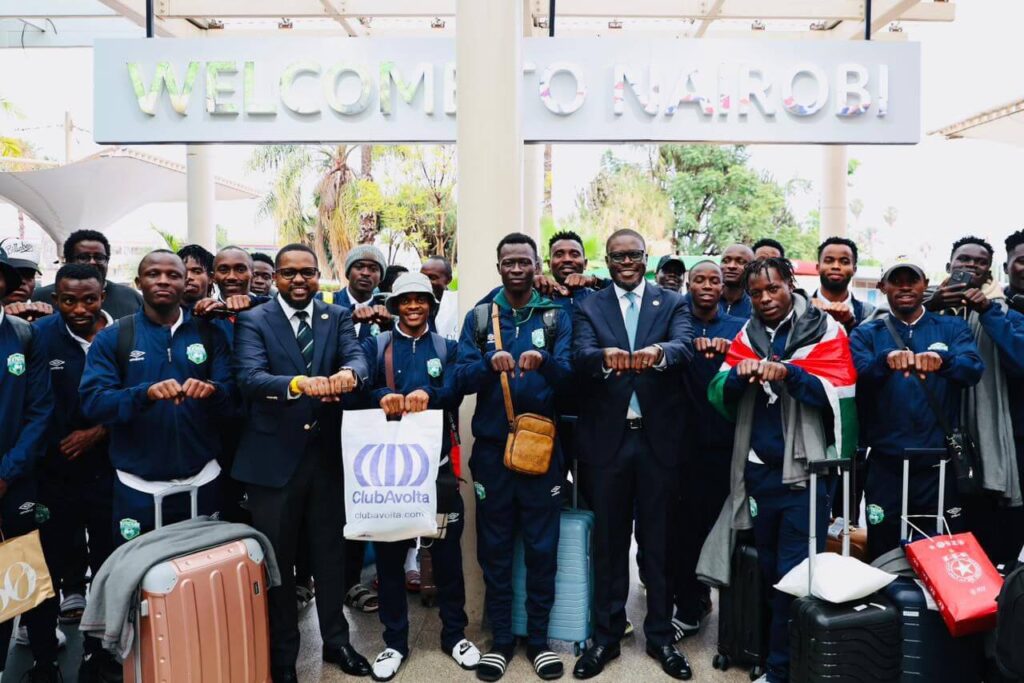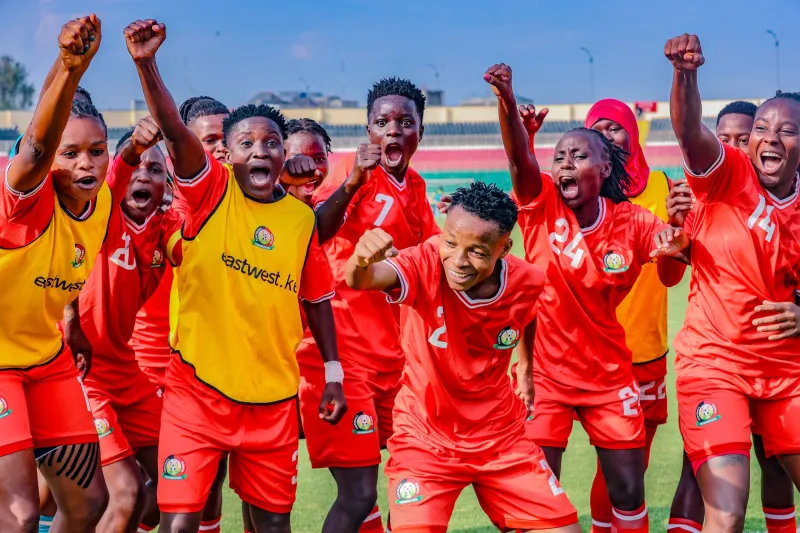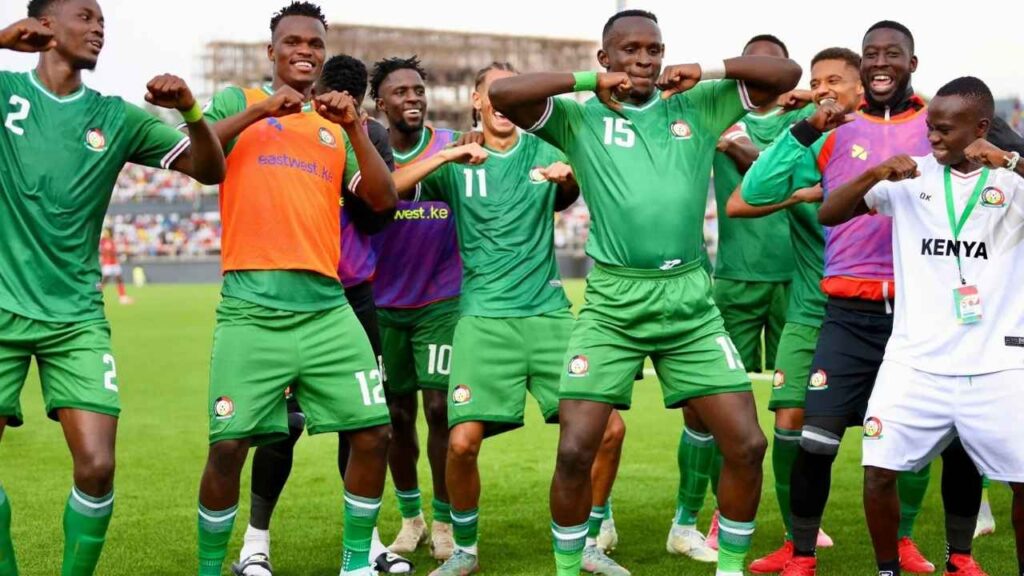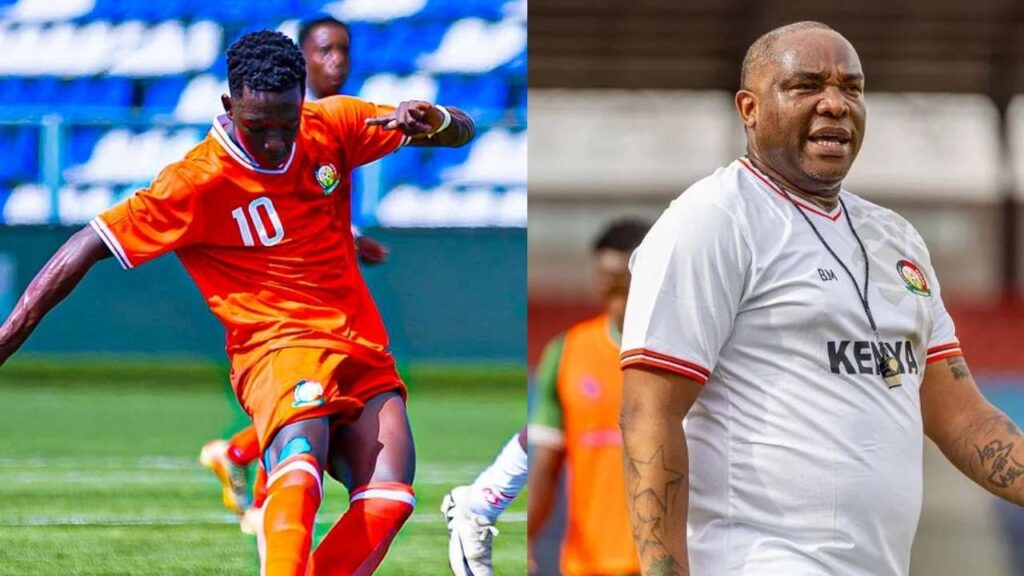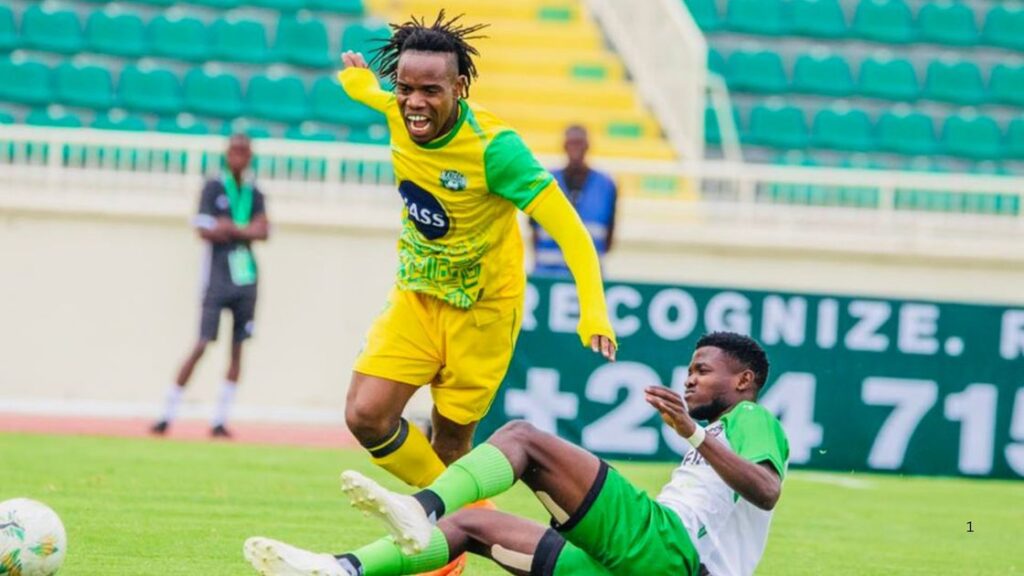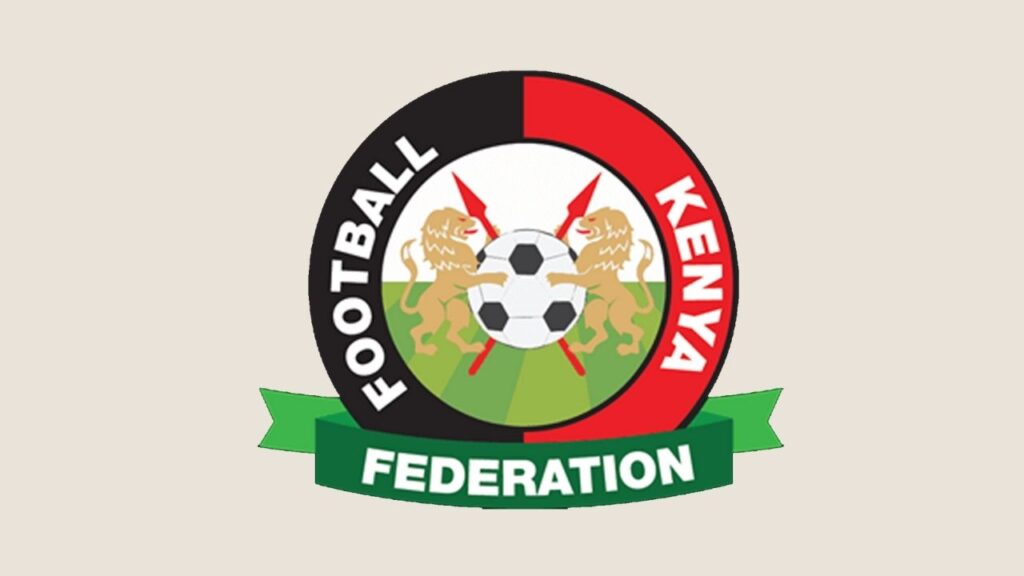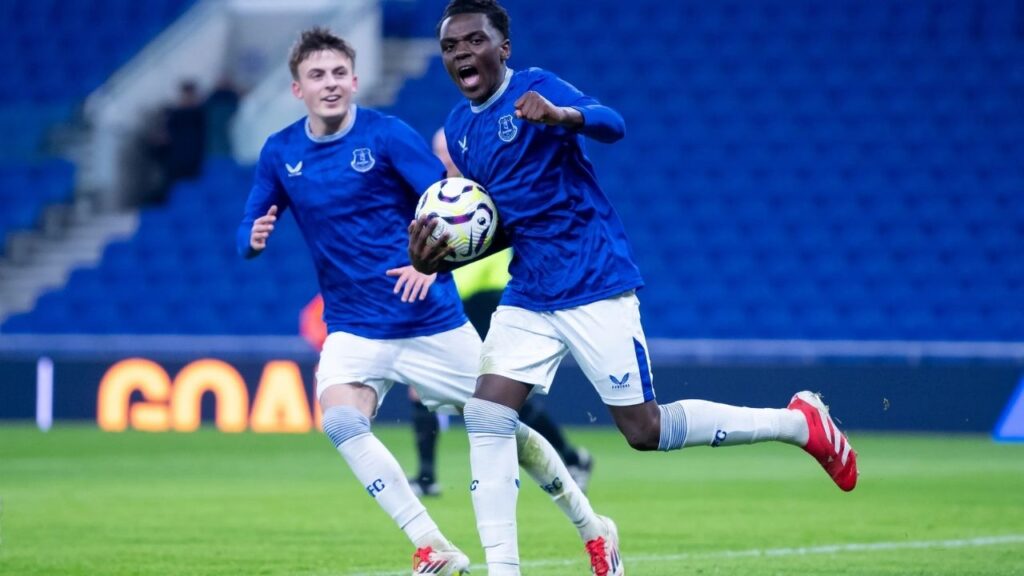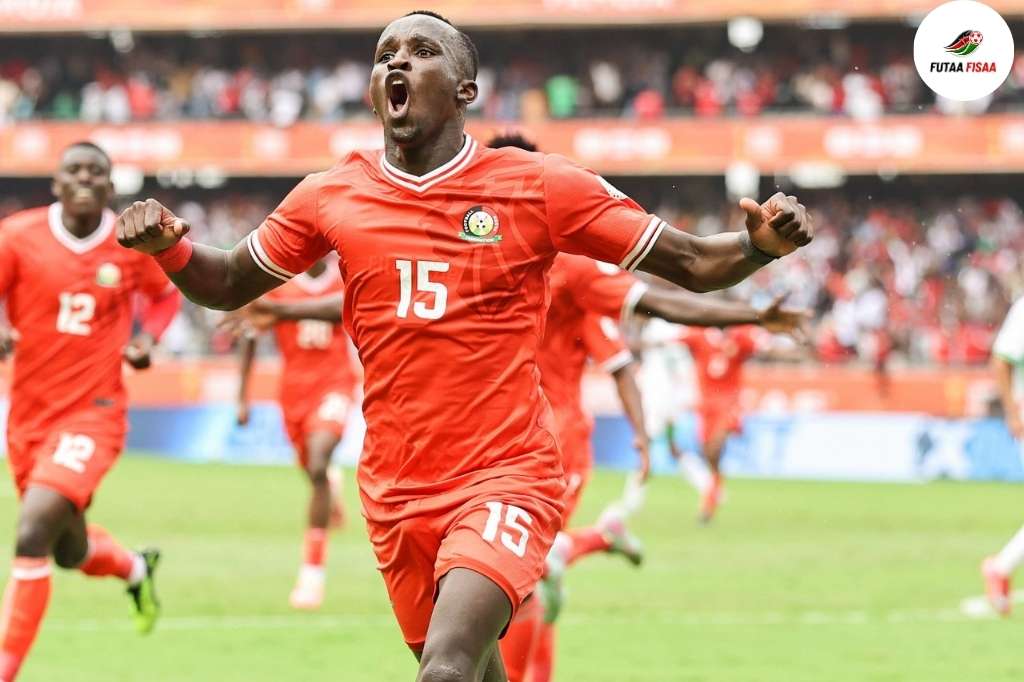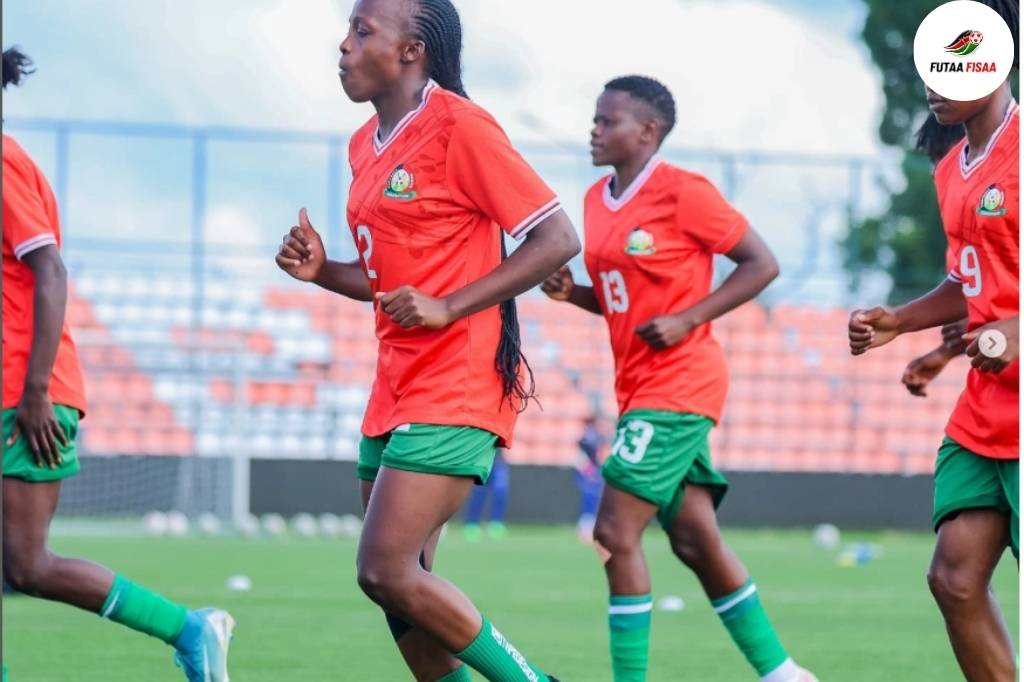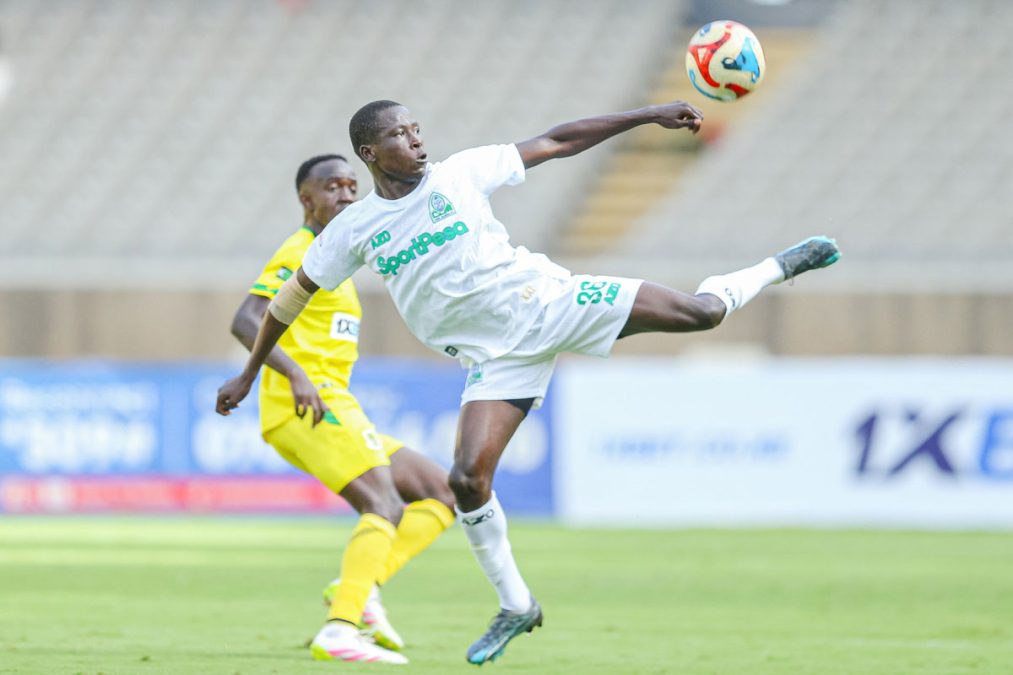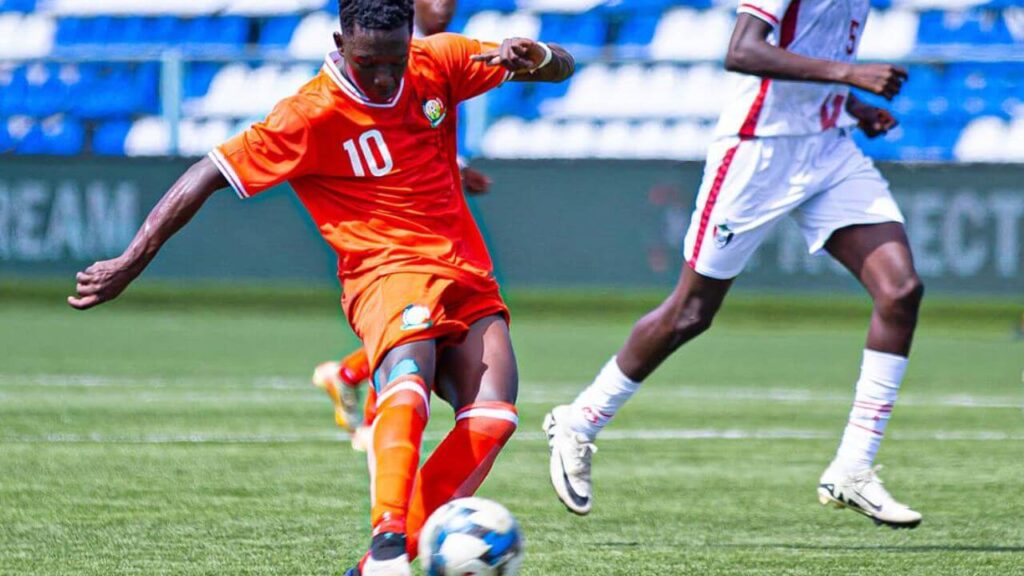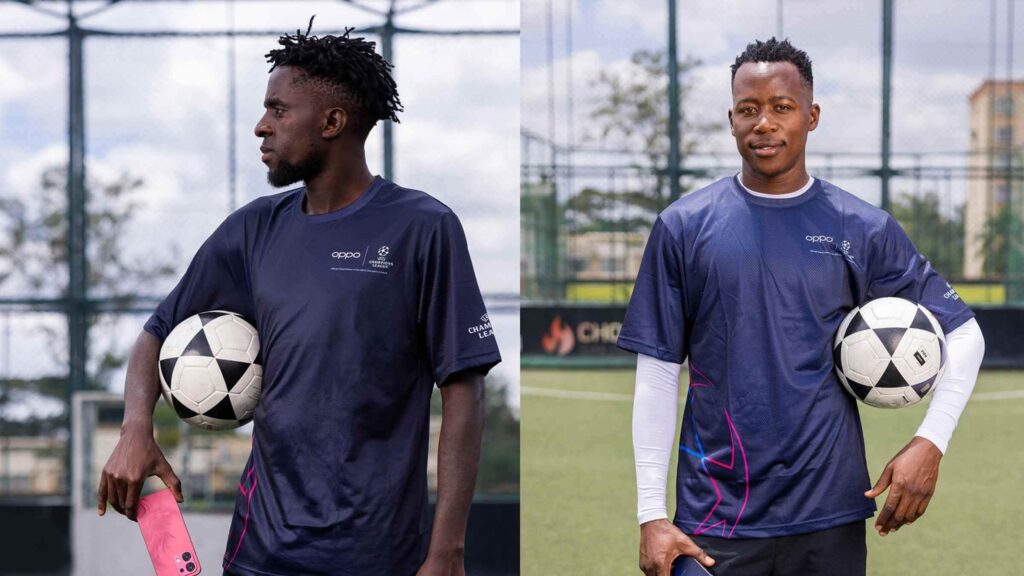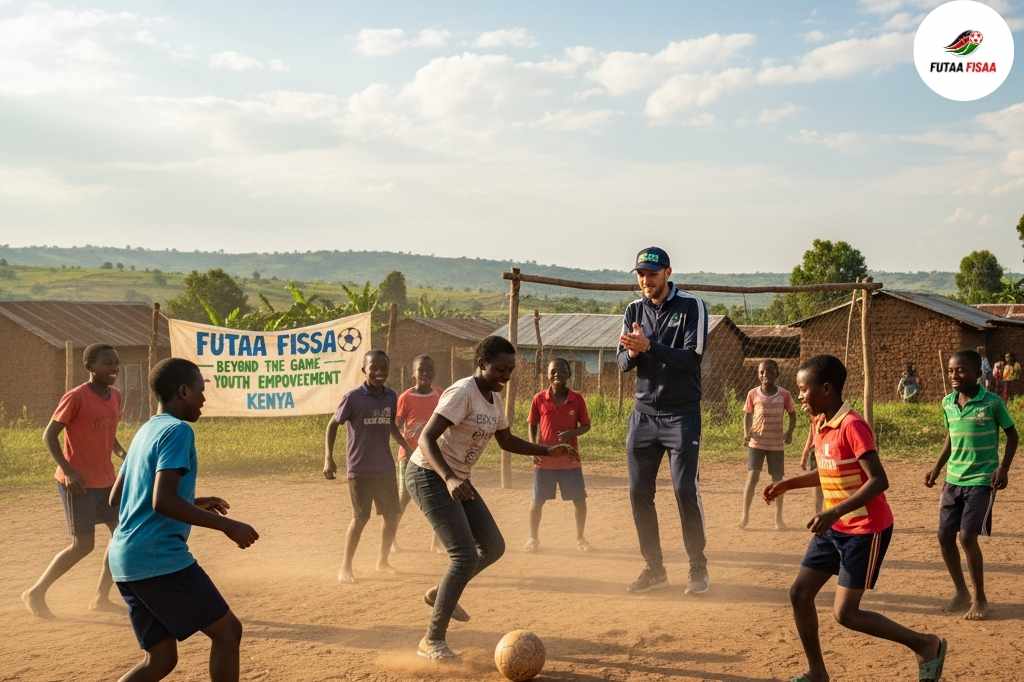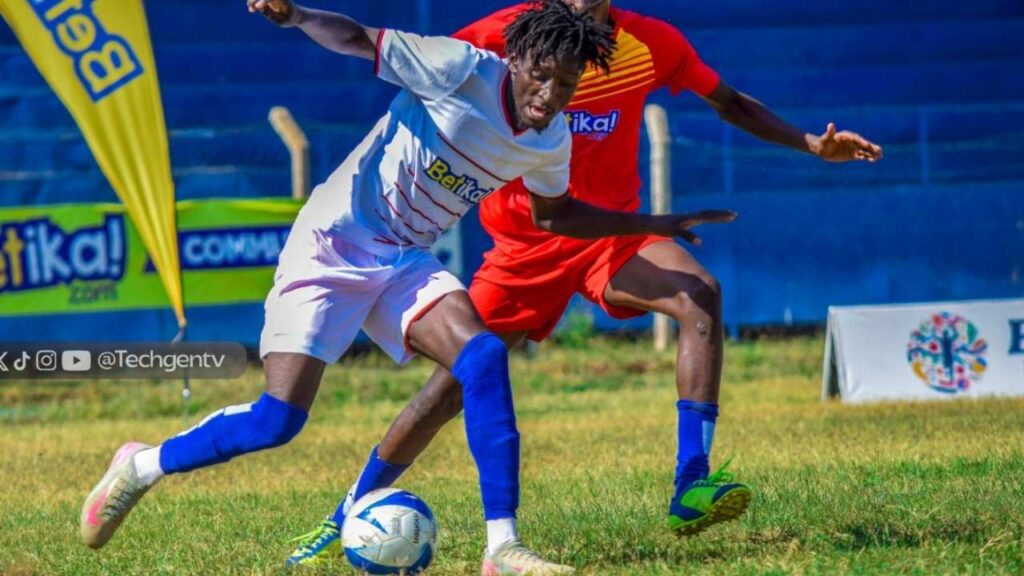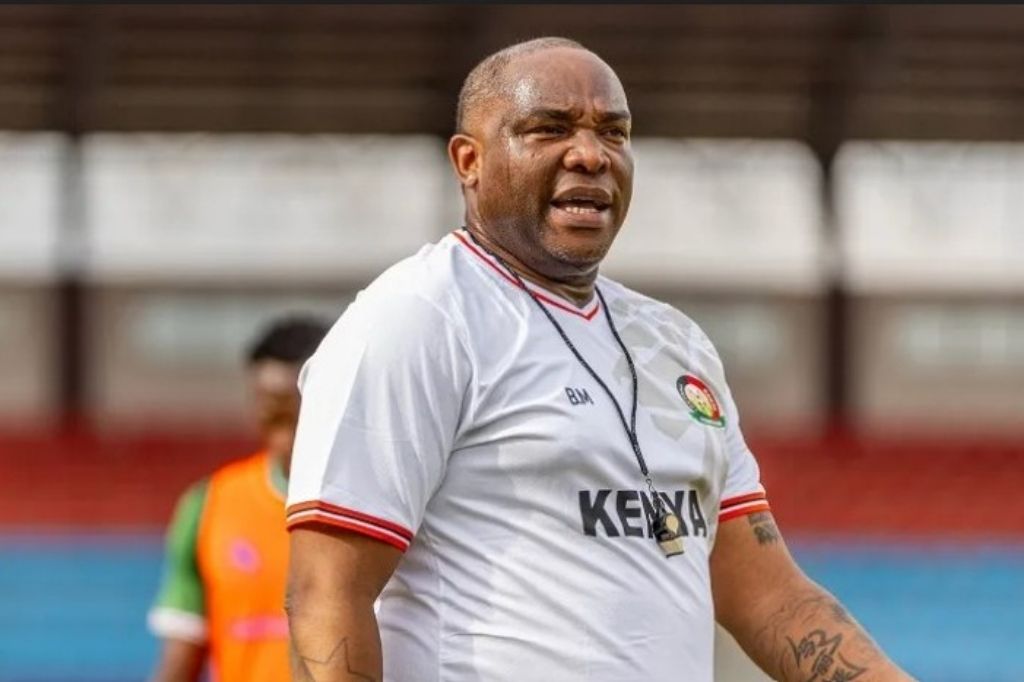In Kenya, sports are more than a game—they are a powerful catalyst for youth empowerment, community cohesion, and socio-economic transformation.
While the nation is renowned for its athletic excellence on the global stage, the unseen benefits of sports at the grassroots and youth level amplify far beyond medals and trophies.
This article explores the multifaceted role sports play in empowering Kenyan youth and shaping a brighter future for the country.
Key Takeaways
- Sports serve as a dynamic platform for youth development in Kenya, teaching discipline, resilience, and leadership
- Athletic activities unite diverse communities and foster national cohesion across ethnic and socio-economic lines
- Sports programs create educational opportunities through scholarships and economic pathways through job creation
- Women’s participation in sports is growing, challenging social norms and promoting gender equality
- Government initiatives include plans for 290 constituency sports academies as part of national development strategy
Table of Contents
- The Power of Sports in Shaping Kenya’s Youth
- Uniting Diverse Communities Through Sports
- Education and Economic Empowerment
- Empowering Women and Girls in Kenyan Sports
- Sports as a Vehicle for Social Change
- Government and Stakeholder Efforts
- Facing Challenges Ahead
- The Future of Sports in Kenyan Youth Empowerment
- Conclusion
Join Our Community of Fearless Football Fans
Stay connected with the latest sports news, youth empowerment stories, and exclusive content from across Kenya and beyond. Be part of a community that celebrates the transformative power of sports.
Join Our WhatsApp ChannelThe Power of Sports in Shaping Kenya’s Youth
Kenya’s population is predominantly youthful, with approximately 75% of its citizens under the age of 35 (Kenya National Bureau of Statistics, 2025).
This vibrant demographic bulge holds immense potential to drive national development, provided appropriate platforms for skill development and empowerment exist.
Sports serve as one such platform—a dynamic arena where youth learn discipline, resilience, teamwork, and leadership.
Engagement in sports instills vital life skills.
Whether it’s the focus required to adhere to training regimes or the mental toughness to overcome loss, young athletes learn character traits that transcend sports.
Stories from communities across Kenya reveal youth discovering a sense of purpose and self-confidence through participation in football, athletics, rugby, and other sports.
Uniting Diverse Communities Through Sports
Kenya’s diverse ethnic and socio-economic landscape sometimes tests national cohesion.
Yet sports act as a unifier, breaking down barriers and fostering mutual respect.
Local tournaments and inter-community matches create environments where differences fade, replaced by shared goals and collective pride.
A notable example includes the East Africa Youth Football Championship won recently by a Kibera team composed of youth from varying backgrounds, a testament to how sports can build bridges.
National events also enhance pride and identity, promoting inclusive patriotism among young people.
Education and Economic Empowerment
Sports open educational doors through scholarships and talent identification programs.
Academies such as the newly established Igara Complex Sports Academy in Busia County exemplify this, providing young athletes access to high-performance facilities, professional coaching, and academic support.
Beyond formal education, sports offer economic pathways.
The expansion of grassroots sports infrastructure creates job opportunities for coaches, referees, event organizers, and vendors.
Talented players gain contracts and sponsorship deals, contributing to financial independence for themselves and their families.
Empowering Women and Girls in Kenyan Sports
Historically underrepresented, women and girls’ participation in Kenyan sports is growing rapidly.
Government and NGO-led initiatives support female athletes with training programs and competition exposure, challenging entrenched social norms.
Figures like Faith Kiplagat, a former footballer turned coach, inspire new generations.
Their achievements encourage young girls to pursue sports without fear of discrimination, signaling a gradual but strong shift toward gender equality in Kenya’s sports scene.
Sports as a Vehicle for Social Change
Sports programs in Kenya increasingly address broader social issues.
Mental health initiatives use sports as a therapeutic tool, providing youth a safe space to cope with stress and trauma.
Public health campaigns leverage the popularity of football and athletics to spread preventive messages on HIV/AIDS and gender-based violence.
Projects such as Youth Empowerment Through Sport (YES Kenya) utilize football to foster dialogue, peacebuilding, and leadership skills among marginalized youth, demonstrating how sports can weave into the fabric of inclusive social development.
Government and Stakeholder Efforts
The Kenyan government’s strategic plan (2023-2027) underscores sports as a pillar of national development.
It includes ambitious projects like constructing 290 constituency sports academies equipped to nurture talent from grassroots to elite levels.
Investment in sports infrastructure is coupled with policy reforms to ensure clean, inclusive, and sustainable sports participation.
Private sector and NGO partnerships also play critical roles.
Corporations engage through sponsorship programs, while NGOs focus on grassroots access and gender inclusion.
Together, these collaborations amplify youth empowerment impacts via sports.
Facing Challenges Ahead
Despite progress, challenges persist.
Funding shortages limit access to quality facilities in rural areas.
Cultural barriers still inhibit full female participation in some communities.
Ensuring equitable access across all counties remains a priority.
Addressing these issues requires sustained commitment from government, private sector, communities, and youth themselves.
Innovative models that integrate education, health, and economic empowerment with sports can overcome barriers and maximize reach.
The Future of Sports in Kenyan Youth Empowerment
Looking ahead, technology and digital media hold promise in expanding sports engagement.
Online platforms facilitate talent scouting, coaching, and fan interaction, while international events hosted in Kenya can accelerate local sports tourism and infrastructure development.
Sustained investment in nurturing youth talent will not only produce champions on the field but also shape empowered citizens who contribute positively to society.
Conclusion
Sports in Kenya transcend entertainment; they are a beacon of hope, empowerment, and unity for the youth.
By fostering critical life skills, bridging communities, creating educational and economic opportunities, and challenging social norms, sports serve as a foundational pillar for youth development.
With continued support from all sectors and a focus on inclusivity and sustainability, sports will remain a potent force unlocking the potential of Kenya’s youth, beyond the game and into the future.
References
- Kenya National Bureau of Statistics (2025)
- Kenyan Ministry of Sports Strategic Plan (2023-2027)
- Kenya Academy of Sports – Igara Complex Sports Academy Project
- Youth Empowerment Through Sport (YES Kenya) initiatives
- Kenyan News Agency, Kenya Chronicles, Sport and Development




